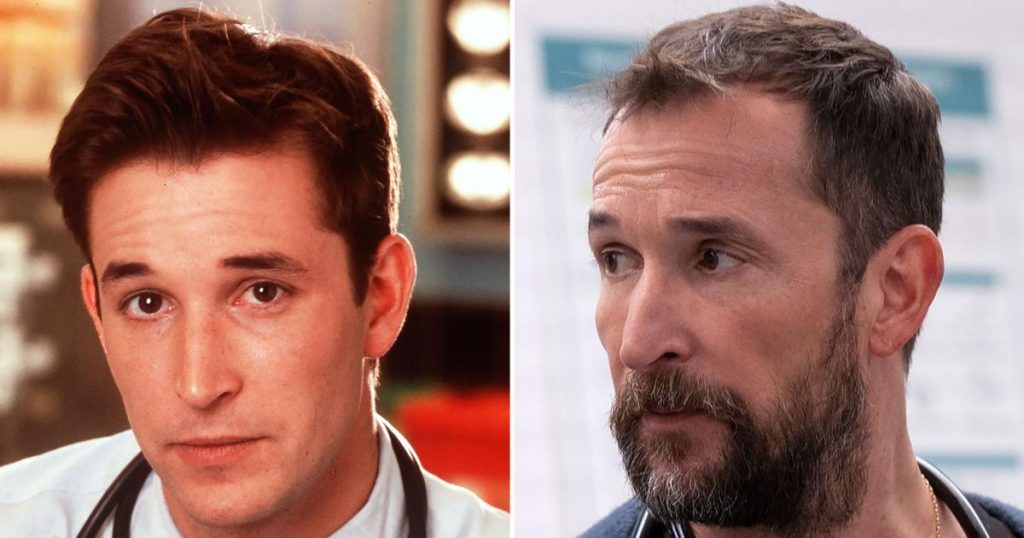Noah Wyle’s return to the medical drama genre with “The Pitt” marks a departure from his iconic role as Dr. John Carter in “ER.” While initial discussions revolved around reviving the beloved 90s series, the project evolved into a new entity, exploring contemporary healthcare challenges. Wyle explains that the intention, born during the 2020 pandemic, was to examine the stark disparities in healthcare access for insured and uninsured Americans, a theme reminiscent of “ER’s” initial focus when millions lacked health coverage. The similarities between the two shows were intentional, reflecting the enduring relevance of these issues. However, the focus shifted from nostalgia to a fresh perspective, allowing for a more impactful narrative.
The decision to create “The Pitt” rather than revive “ER” provided creative freedom, unburdening the writers from the constraints of established storylines and character arcs. Wyle embraced this shift, recognizing the potential to delve deeper into the complexities of modern healthcare without being bound by the past. This allowed for a more nuanced exploration of the challenges faced by frontline healthcare workers. “The Pitt” aims to offer a realistic portrayal of the highs and lows experienced within a Pittsburgh hospital, showcasing the intensity of a single 15-hour shift across its 15 episodes.
Leveraging the capabilities of the Max streaming platform, “The Pitt” employs a visually arresting style, capturing the raw reality of the medical profession. The absence of traditional broadcast restrictions enables a more authentic and visceral depiction of the hospital environment. Wyle highlights the shift from questioning “what can you show” to “what should you show,” emphasizing the importance of discretion and taste in portraying sensitive subject matter. This approach aims to create a more immersive and impactful viewing experience.
Wyle emphasizes the collaborative spirit behind “The Pitt,” echoing the positive working environment that characterized the “ER” set. He sought to recapture the camaraderie, respect, and groundbreaking nature of the original series, aiming to recreate the “lightning in a bottle” experience. The shared goal of rekindling that unique atmosphere fueled the creative process, driving the team to explore new storytelling avenues. This collaborative endeavor reflects a desire to not only revisit the essence of a beloved series but to elevate it for a contemporary audience.
The simultaneous premiere of “The Pitt” and Eriq La Salle’s “On Call,” both featuring former “ER” stars, underscores a resurgence of interest in medical dramas and perhaps even a broader 90s nostalgia. Wyle acknowledges this coincidence, humorously remarking on the cyclical nature of trends. While “The Pitt” stands as a distinct entity, separate from the “ER” legacy, it carries the spirit of its predecessor, aiming to provide a compelling and insightful look into the world of modern medicine.
“The Pitt” represents Wyle’s return to the medical drama landscape, albeit in a new and evolved form. By stepping away from the familiar confines of “ER,” he and the creative team have embarked on a journey to explore contemporary healthcare realities with fresh eyes. The show leverages the advantages of the streaming format to deliver a more immersive and unflinching portrayal of the challenges and triumphs experienced by frontline medical workers. While paying homage to the spirit of “ER,” “The Pitt” carves its own path, promising a compelling and relevant exploration of the human drama within the hospital walls.

